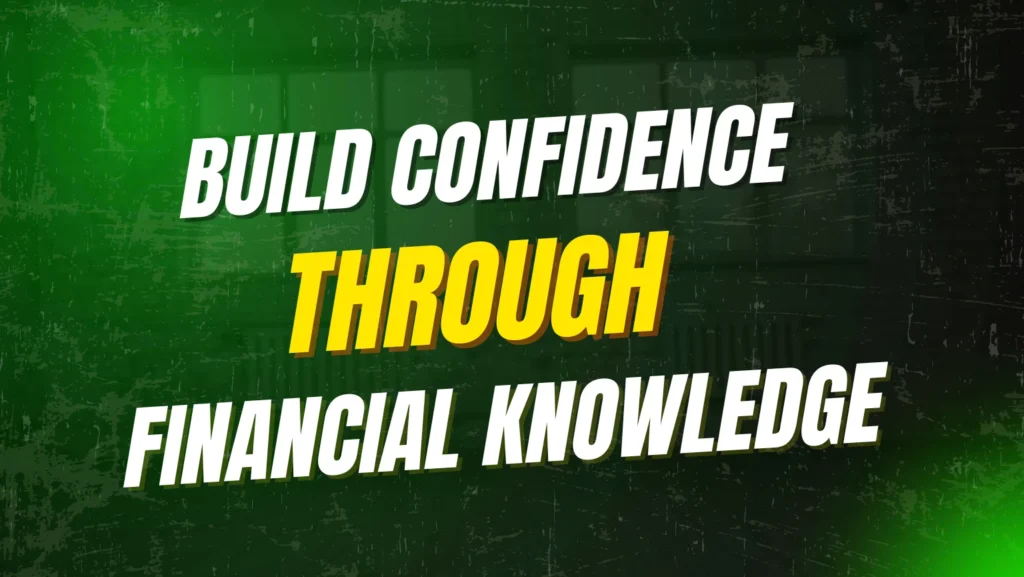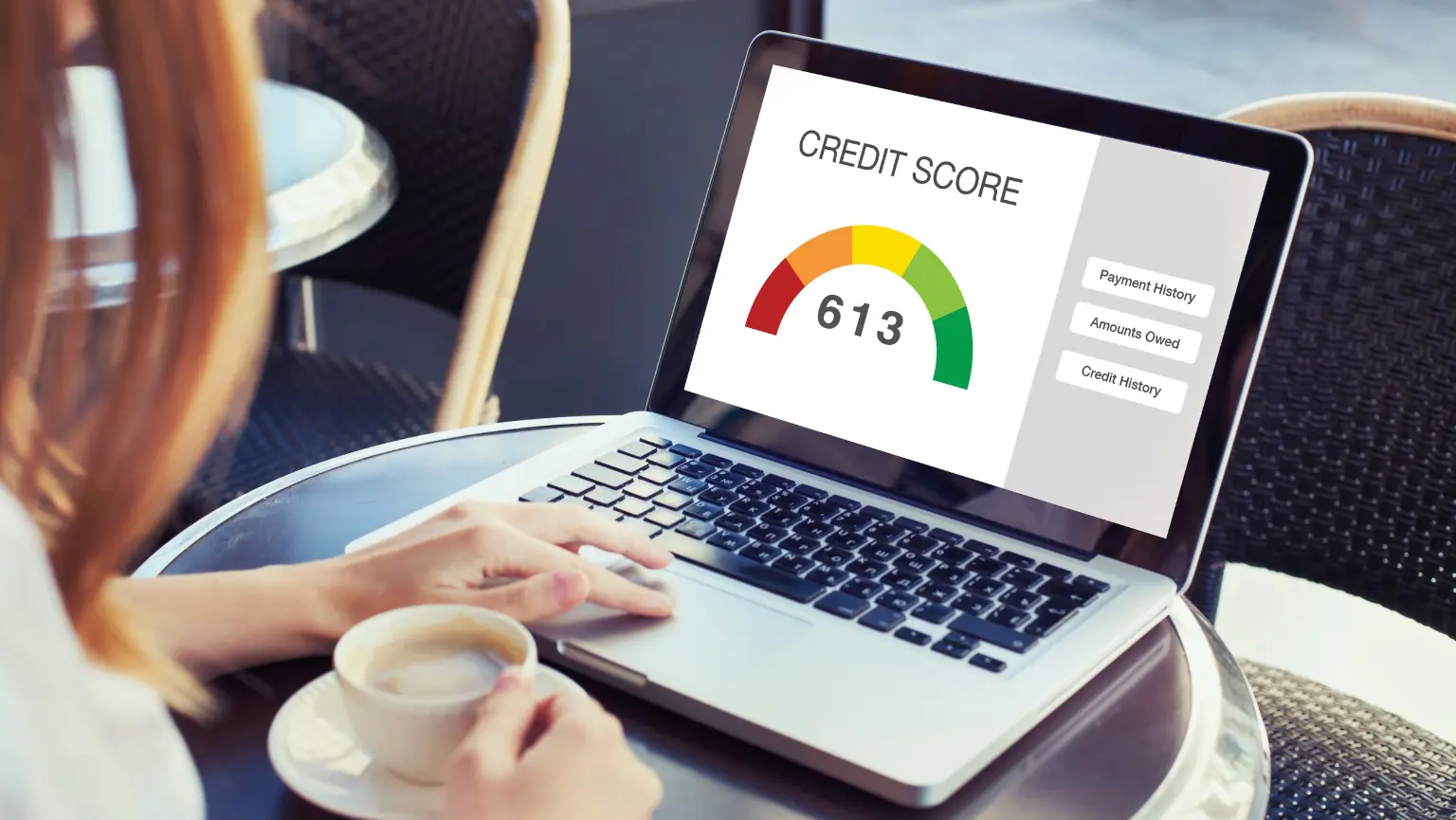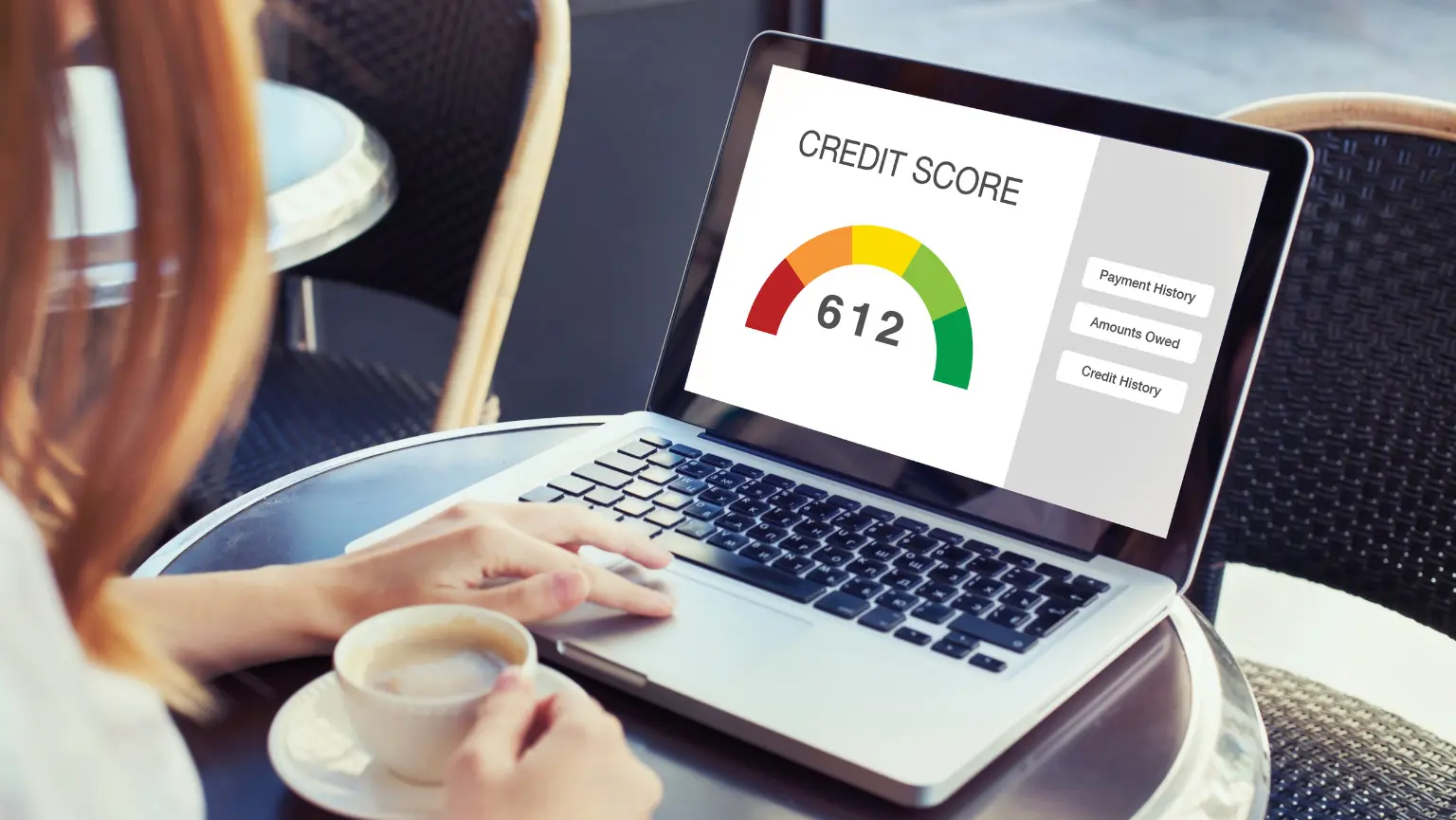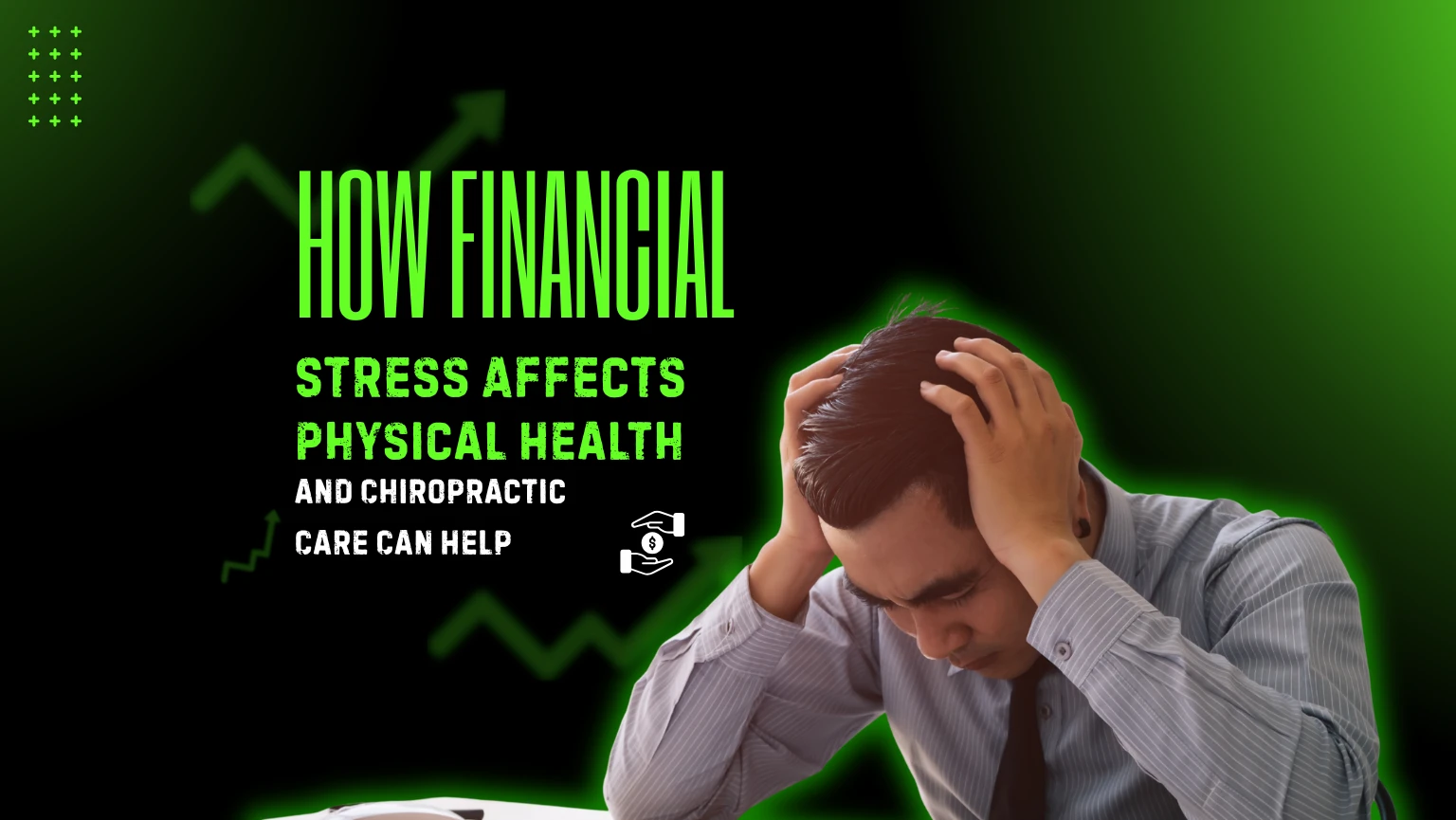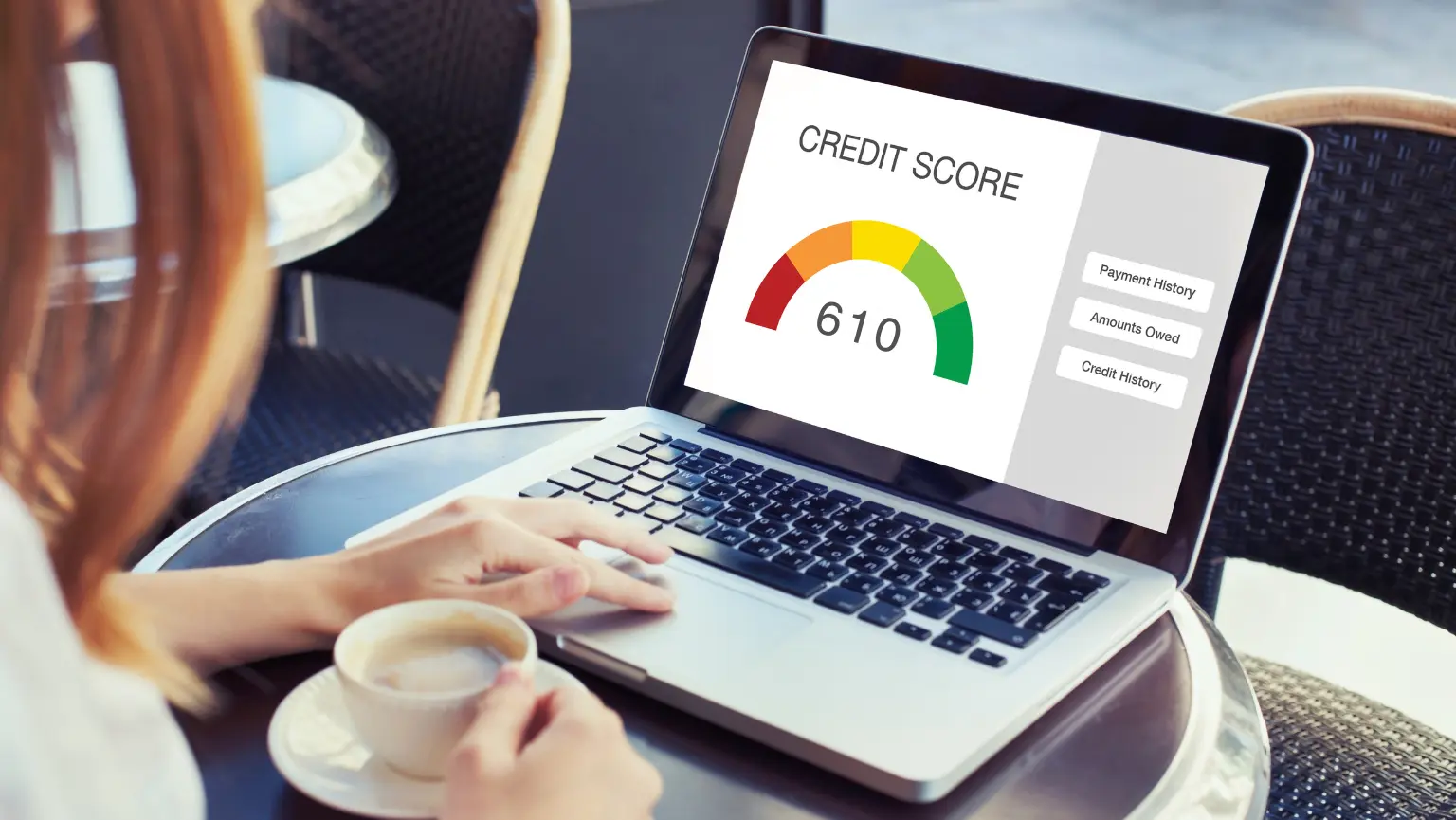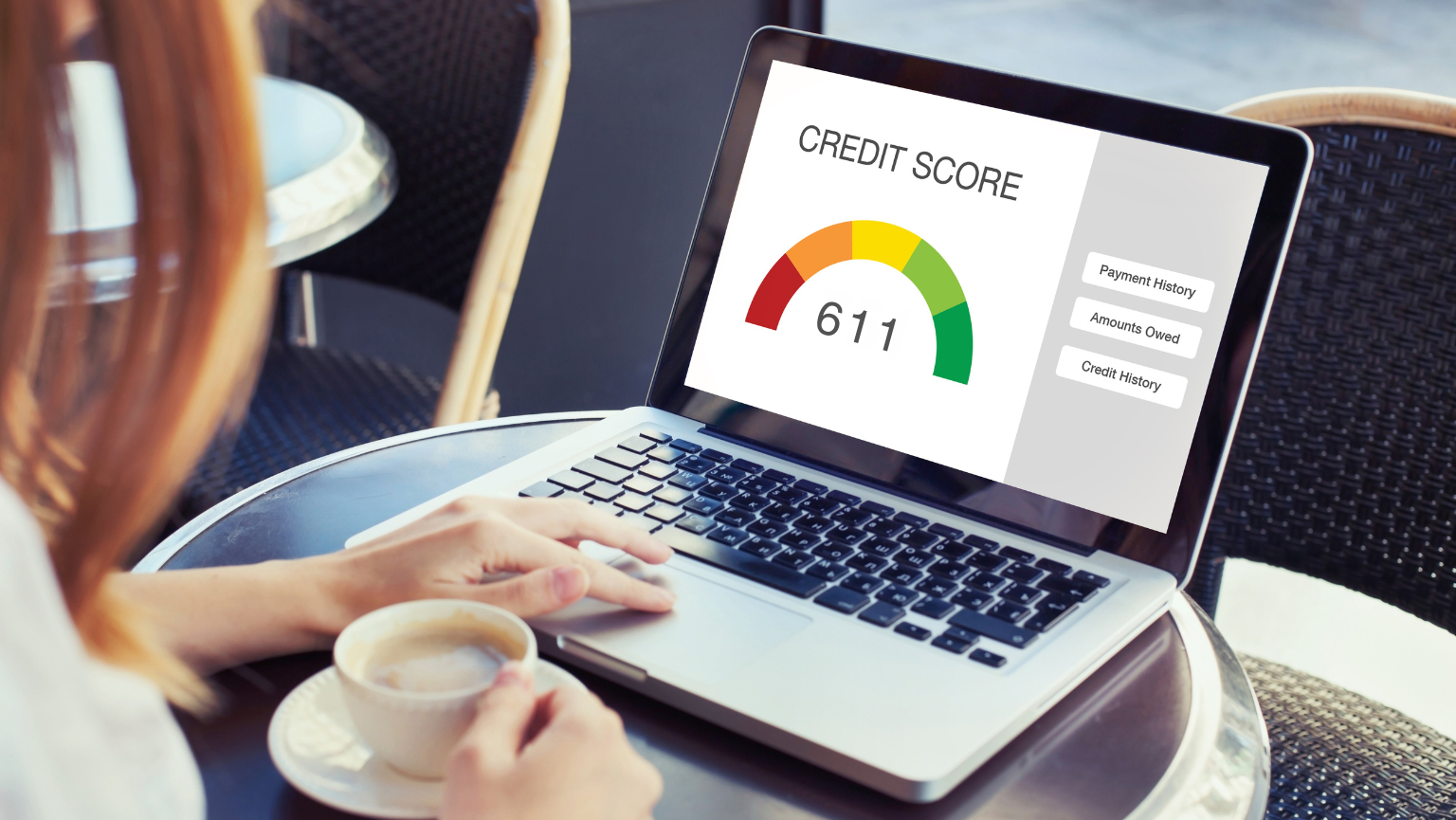
If your credit report shows a 611 credit score, you might be wondering: is a 611 credit score good? While it doesn’t qualify as “good,” it is above poor and still provides access to certain credit opportunities. Understanding what this score means, its potential impact, and strategies to improve it can help you make smarter financial decisions.
Key Takeaways
- A 611 credit score is fair above poor but below good.
- You can access credit cards, personal loans, and auto loans, but rates may be higher.
- Consistent on-time payments and low credit use can gradually improve your score.
- Government-backed loans like FHA or VA may help with homeownership.
What a 611 Credit Score Means
A 611 credit score is generally considered fair, which is the category below “good.” According to FICO®, the breakdown is:
- Poor: 300–579
- Fair: 580–669
- Good: 670–739
- Very Good: 740–799
- Exceptional: 800+
With a 611 score, you’re on the lower end of the fair category. While it’s better than poor, it may limit access to some types of loans and credit cards, and you may pay higher interest rates.
Fun fact: The average U.S. credit score is about 717, meaning a 611 score is roughly 100 points below the national average.
Factors That Influence a 611 Credit Score
Credit scores are determined by multiple factors in your credit history:
- Payment history: Making payments on time is critical.
- Credit utilization: Keeping balances low relative to your credit limits.
- Length of credit history: Older accounts help improve scores.
- New credit inquiries: Too many hard pulls can temporarily reduce your score.
- Credit mix: A healthy combination of credit types, like installment loans and credit cards, helps your score.
Regularly checking your score can help you track progress and identify areas for improvement.
What You Can Access With a 611 Credit Score
Credit Cards
With a 611 score, you may qualify for:
- Secured credit cards: Require a deposit but help build credit.
- Unsecured credit cards: Limited options and higher interest rates.
- Store or retail cards: Restricted to one retailer but can help improve your score if used responsibly.
Tip: Always pay in full each month to avoid high interest rates.
Mortgages
Conventional mortgages usually require 620+. However, you may qualify for government-backed options:
- FHA loans: Minimum 580 credit score with 3.5% down payment.
USDA loans: Designed for rural homes; requirements may vary. - VA loans: For veterans, active service members, and spouses; some lenders may approve scores below 620 with additional documentation.
How to Improve a 611 Credit Score
- Make on-time payments for all bills and loans.
- Lower credit utilization—keep it below 30%, ideally under 10%.
- Keep older accounts open to build credit history.
- Diversify credit types responsibly (installment loans + credit cards).
- Limit new credit applications to avoid unnecessary inquiries.
Even small, consistent changes can move your score closer to the “good” range, reducing borrowing costs and opening more options.
Conclusion
A 611 credit score falls in the fair range. While it may limit some loan options and come with higher interest rates, you can still access credit cards, personal loans, auto loans, and certain mortgage programs.
The best approach is to focus on consistent habits: pay on time, keep balances low, and avoid unnecessary credit inquiries. Small improvements over time can move your score closer to the “good” range, unlocking better financial opportunities and lower borrowing costs.

